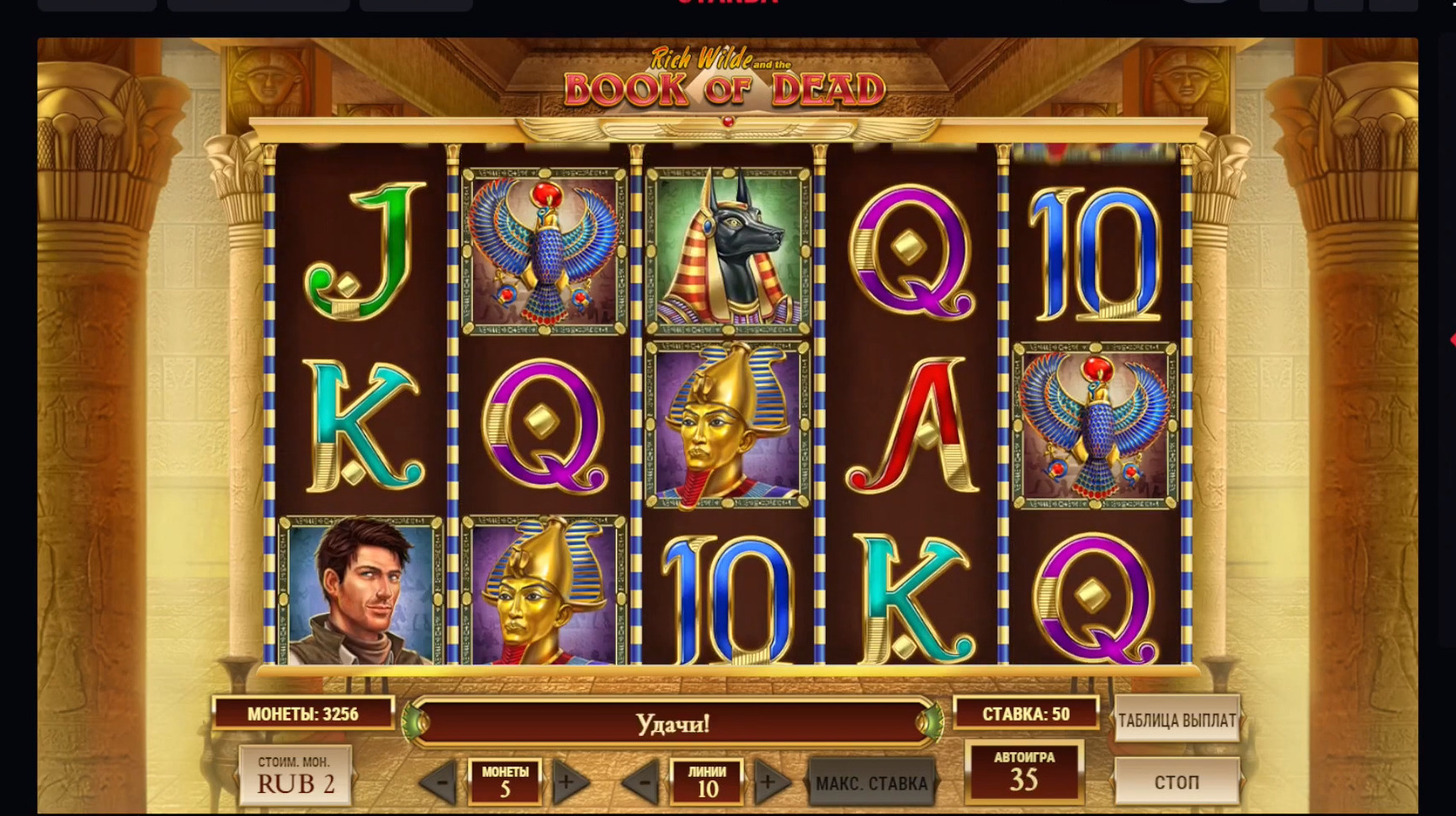Online gambling has materialized as one of the most popular forms of Internet entertainment globally, growing at an impressive annual rate of 6.2%. The industry is on track to reach a market volume of $136 billion within the next five years, supported by an estimated 281 million gamblers worldwide.
This dynamic sector originated in 1994, driven by Antigua’s Free Trade and Processing Act, which recognized the potential of the Internet for revolutionizing games of chance, allowing people to place bets from anywhere at any time, as easy as hitting the jackpot at Book of Dead casino.
Fifteen years after Antigua’s groundbreaking legislation, the digital gambling landscape experienced another transformative milestone: the advent of Bitcoin. The world’s first virtual currency was introduced in 2009, and by 2011, the first exchange enabling the trade of fiat for digital coins had emerged.
In April 2012, SatoshiDice became the first operational crypto casino. In 2014, Curacao’s Antillephone took a pivotal step by regulating crypto-accepting platforms, paving the way for Bitcoin slots and RNG tables amidst a burgeoning array of provably fair gaming sites.
Today, the number of online gambling platforms offering coin-based wagering on sports and casino games is vast and growing. New platforms seem to debut every week, and increasingly, established brands are embracing cryptocurrencies, acknowledging the evolving landscape; check out the development of play Book of Dead online. Below, we explore how cryptocurrencies have enhanced the experience of playing games of chance online.
Why Did Crypto Gambling Become Popular?
It’s important to recognize that today’s crypto casinos have evolved significantly from their early versions. The original platforms emerged in the early 2010s, captivating a niche audience of tech-savvy gamblers who valued online anonymity—a feature made possible by blockchain technology. Initially, online casino transactions were limited to credit/debit cards and bank transfers. The early 2000s saw the rise of e-wallets, but these still didn’t offer sufficient separation between a user’s bank account and their chosen casino to ensure privacy.
Bitcoin revolutionized this landscape with its decentralized ledger system, which operates solely on wallet addresses, omitting personal names. This ensured a high level of privacy, making it a key selling point for crypto gambling. Additionally, lower transaction costs, global acceptance without geo-restrictions, the absence of regulatory oversight, and instant withdrawal approvals further boosted its appeal.
In the early days, crypto casinos offered basic games such as dice, crash (Bustabit), mines, Plinko, Limbo, and Book of Dead play. These games featured simple rules and gameplay, with an added attraction: the ability for players to manually verify the randomness of outcomes, earning them the label “provably fair games.”

Today, modern crypto casinos boast a diverse range of gaming genres thanks to licensing by credible regulators, enabling partnerships with renowned product suppliers. Despite this evolution, many platforms continue to offer straightforward, provably fair games, paying homage to their origins and catering to the growing demand for such titles. Additionally, players can now enjoy slots play Book of Dead, adding to the rich variety available.
How Cryptocurrencies Revolutionized Online Casino Promotions
For years, deposit matches and free spins were the cornerstone of online casino promotions, attracting countless gaming enthusiasts to these platforms. Operators seemed content with these two primary promotional offers, supplemented by loyalty programs. However, everything changed with the advent of cryptocurrencies.
Recently, the number of gamblers transitioning to crypto-based gaming has surged, driven by more than just the usual incentives. Crypto casinos now offer promotions unavailable at traditional fiat-based websites. They began by introducing faucets, which reward users with small amounts of cryptocurrency for completing basic tasks at various intervals. This allowed players to explore new games without needing to make a deposit.
Next came Chat Rain, a promotional feature that rewards community participation and fosters on-site interaction. Since 2020, staking has become increasingly popular. This involves players staking or locking their coins within the casino’s ecosystem in exchange for rewards, typically in the form of dividends. The amount received usually depends on the sum staked and the duration of the staking period.
This trend led to the rise of yield farming and liquidity pools, where gamers provide liquidity and earn a share of the platform’s transaction fees in return. Many casinos have even created their tokens, digital assets that can be traded on notable exchanges like any other major cryptocurrency.

In summary, the integration of cryptocurrencies has dramatically transformed online casino promotions, offering innovative and engaging incentives that were previously unimaginable. Additionally, casino with Book of Dead have become increasingly popular, attracting more players with their exciting themes and rewarding gameplay.
The Evolution of Metaverse Gambling
Metaverses have existed longer than the general public realizes. While many associate these virtual shared spaces with Facebook’s/Meta’s 2021 announcement, their roots run deeper. The online multimedia platform Second Life, launched in 2003, included many features we now attribute to metaverses.
Those unfamiliar with Second Life might not know it hosted several virtual casinos, such as the Helios Lounge, a concept adopted by many modern metaverses today. A prime example is Decentraland, which garnered attention with its Ice Poker venue and Tominoya Casino.
Following Decentraland’s lead, metaverses like The Sandbox and CryptoVoxel have also introduced immersive gambling experiences within their virtual environments. Additionally, the Book of the Dead game has gained popularity, offering an engaging experience in these virtual worlds.
As VR technology continues to advance, the remote gambling experience in these digital realms will likely reach new heights. Within these spaces, individuals can gamble and even operate their casinos, selling them as non-fungible tokens to the highest bidders.
Even the legendary video game company Atari has ventured into this domain, establishing its Decentraland casino on a twenty-parcel estate in the platform’s Vegas district and launching its Atari X token to power this blockchain ecosystem. Additionally, the Book of the Dead game has gained popularity, offering an engaging experience in these virtual worlds.





